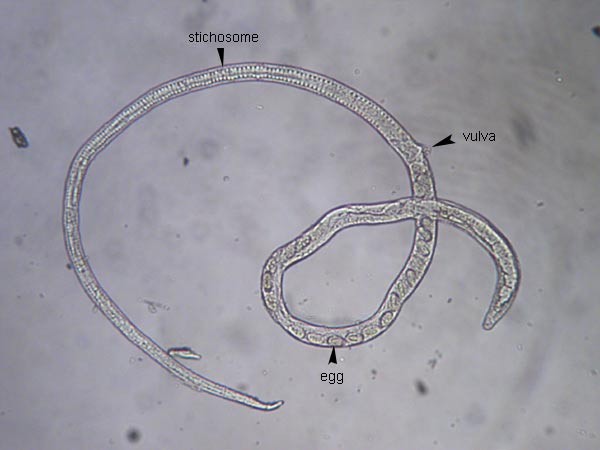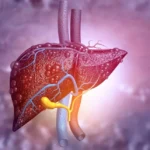Capillariasis is a rare parasitic disease caused by nematodes of the genus Capillaria. This condition primarily affects the intestinal tract, though it may occasionally involve other organs. The disease is a significant concern in regions with poor sanitation and limited access to medical care. This article provides an in-depth understanding of capillariasis, covering its causes, symptoms, diagnosis, treatment, and preventive measures.

Capillariasis is an infection caused by parasitic roundworms belonging to the Capillaria genus, specifically Capillaria philippinensis. These parasites thrive in human hosts, leading to severe complications if left untreated.
Types
- Intestinal Capillariasis: Caused by Capillaria philippinensis, it results in gastrointestinal symptoms.
- Hepatic Capillariasis: Caused by Capillaria hepatica, it primarily affects the liver and is typically observed in animals but can occasionally infect humans.
Causes and Transmission
How is Capillariasis Contracted?
commonly transmitted through the ingestion of infective larvae found in contaminated food or water. Consumption of undercooked or raw freshwater fish is the primary source of infection.
Lifecycle of Capillaria
The lifecycle of Capillaria philippinensis involves:
- Egg Stage: Passed in feces, these eggs mature in the environment.
- Larval Stage: Infective larvae develop within intermediate hosts, such as fish.
- Adult Stage: Upon ingestion by humans, larvae mature into adult worms in the intestines, completing the cycle.
Symptoms of Capillariasis
Intestinal Capillariasis
- Chronic diarrhea
- Abdominal pain and cramping
- Malabsorption leading to severe weight loss
- Weakness and fatigue
- Protein loss and edema
Hepatic Capillariasis
- Hepatomegaly (enlarged liver)
- Jaundice
- Fever and abdominal pain
Diagnosis
Laboratory Tests
- Stool Examination: Identification of Capillaria eggs or larvae in fecal samples.
- Serological Tests: Detection of antibodies against the parasite.
Imaging Studies
- Ultrasound or CT Scans: Used for hepatic capillariasis to identify liver abnormalities.
Treatment
Antiparasitic Medications
- Albendazole: A broad-spectrum anthelmintic effective against nematodes.
- Mebendazole: Another common treatment for intestinal infections.
Supportive Care
- Nutritional support to address malabsorption.
- Rehydration therapy to prevent dehydration from chronic diarrhea.
Prevention
Safe Food Practices
- Cook freshwater fish thoroughly to kill infective larvae.
- Avoid consumption of raw or undercooked seafood.
Hygiene Measures
- Wash hands before meals and after handling raw fish.
- Ensure access to clean and safe drinking water.
Epidemiology
Its a is predominantly reported in Southeast Asia, particularly in the Philippines. Sporadic cases have been documented in other regions with similar risk factors. Improved sanitation and public awareness are key to reducing the disease burden.

